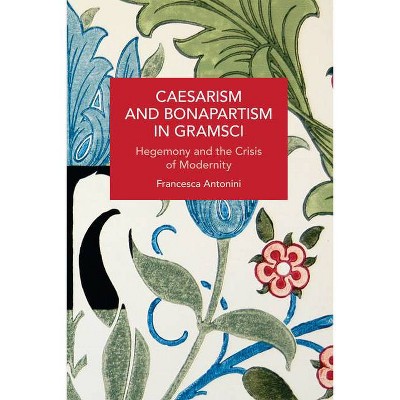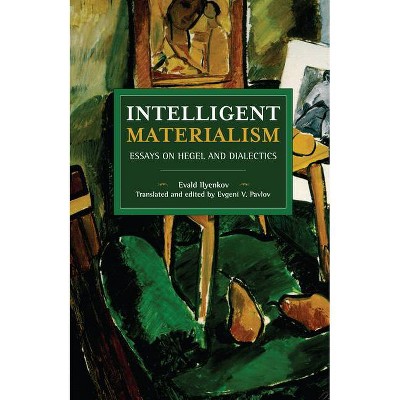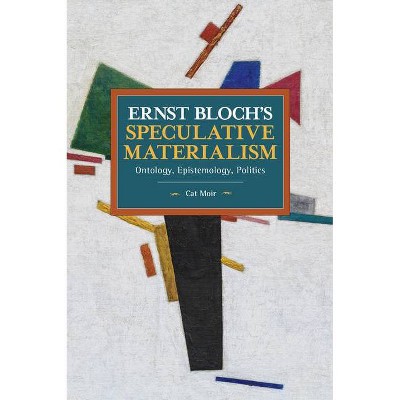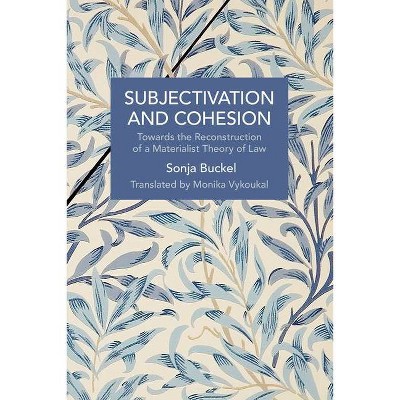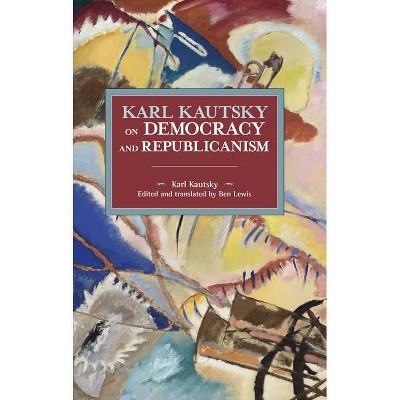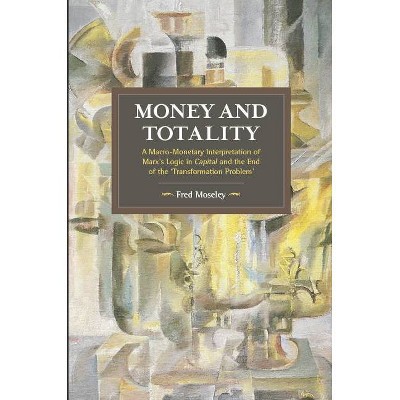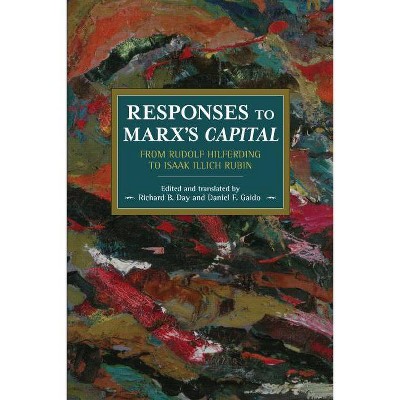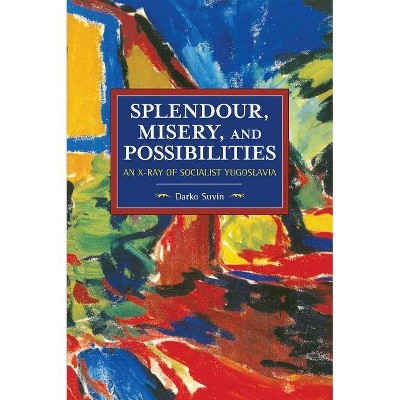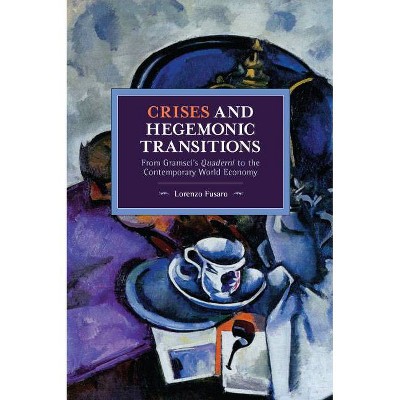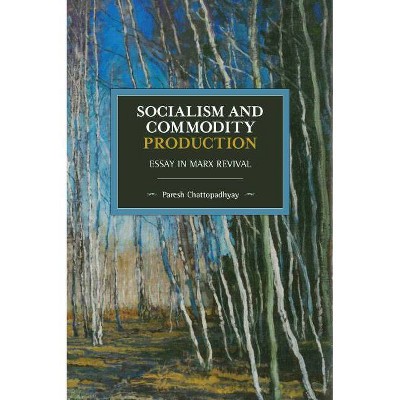Gramsci and Languages - (Historical Materialism) by Allessandro Carlucci (Paperback)
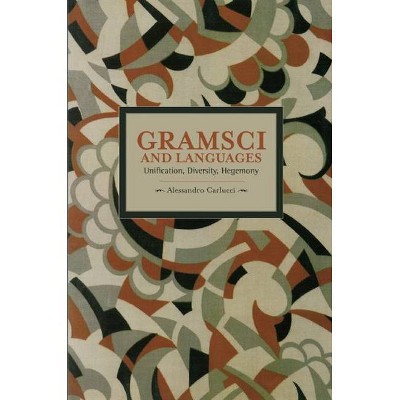
Similar Products
Products of same category from the store
AllProduct info
<p/><br></br><p><b> About the Book </b></p></br></br>A ground breaking study that shows Gramsci's originality can be traced to his lifelong interest in language and linguistics.<p/><br></br><p><b> Book Synopsis </b></p></br></br>Widely seen as among the most influential Italian thinkers of all time, Antonio Gramsci's highly original Marxism continues to be studied across the globe, even after the fall of the Berlin Wall. Gramsci and Languages offers an explanation of this originality and traces the origins of certain features of Gramsci's political thought by looking at his lifelong interest in language<p/><br></br><p><b> Review Quotes </b></p></br></br><br>With this book, Carlucci makes a significant contribution to the growing international scholarship and debates on Gramsci. The originality of <em>Gramsci and Languages</em> lies mainly in its ability to recast three fundamental aspects of Gramsci's political, intellectual and personal biography: the role of Sardinia, the influence of Italian and European historical linguistics on the development of Gramsci's thought, as well as his encounter with Bolshevism and Lenin's thought. <br><strong>--Giuseppe Vacca, President of the Fondazione Istituto Gramsci.</strong> <p/>"Carlucci's study is a meticulous and at times brilliant exploration of Gramsci's relationship with the linguistic question ... a very enjoyable and informative read for anyone passionate about Gramscian matters, and about language in a social context more generally."<br><strong>--Neelam Srivastava, Senior Lecturer in Postcolonial Literature at Newcastle University, <em>H-Italy</em>.</strong> <p/><em>Gramsci and Languages</em> is a very important addition to contemporary studies on Gramsci. It should be of interest also to philosophers (and philosophers of language in particular), and to scholars in social, cultural, and political studies. <br><strong>--Piotr Stalmaszczyk, Professor of English and General Linguistics at the University of Lodz, <em>Marx and Philosophy Review of Books</em>.</strong> <p/>This is a fascinating study of how Gramsci's interest in language shaped his politics and political theory. The reader will find important, newly discovered material on the influence of both Saussure and Soviet scholars of the 1920s. This book gives the clearest and most up to date account of Gramsci the philologist as well as the political activist, and adds to our knowledge of the Sardinian's life in the Soviet Union in the early 1920s.<br><strong>--Carl Levy, Professor of Politics at Goldsmiths, University of London</strong> <p/>So much partial or misdirected work has recently appeared in English that appropriates Gramsci for its putative authority that Alessandro Carlucci (in <em>Gramsci and Languages: Unification, Diversity, Hegemony</em>) has done yeoman work providing new background and readings of the still untranslated parts of <em>The Prison Notebooks</em> (Lawrence & Wishart [1971]) to show about Gramsci's lifelong interest in the interplay of culture, politics, and language.<br><strong>--Stephen Shapiro, University of Warwick, <em>The Year's Work in Critical and Cultural Theory</em>, Oxford University Press, 2014.</strong><br><br><p/><br></br><p><b> About the Author </b></p></br></br><b>Alessandro Carlucci</b> (PhD) is Lector in Italian at the University of Oxford. He has published widely on Gramsci, and is the editor of <i>New Approaches to Gramsci: Language, Philosophy and Politics</i>, special issue of the Journal of <i>Romance Studies</i> (2012).<br>
Price History
Price Archive shows prices from various stores, lets you see history and find the cheapest. There is no actual sale on the website. For all support, inquiry and suggestion messages communication@pricearchive.us
